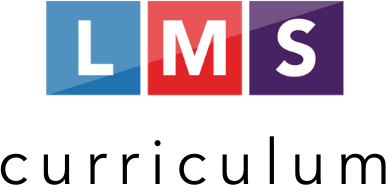I come from the fire city.
by Eve L. Ewing

Photo by Daniel Barlow
Writing Workshop
Workshop Title: Born & Bred
Step 1
Share the embedded photographs with your students. Then ask them how they would feel if they were inhabitants of a city that was ravaged by such a catastrophe, how they would respond.
Step 2
Read Eve Ewing’s “I come from the fire city.” and determine how she depicts the relationship between current day Chicagoans and the Great Chicago Fire that consumed their city.
Step 3
Have the students come up with a list of events that were harsh to them, ultimately shaping them to be a certain way, much like the Great Fire was to the people of Chicago.
Step 4
Have your students write a poem in which they convey the relationship between the hardships they’ve endured and the way it shaped them, either for better or for worse.
Step 5
When the students are done, have them share their responses with one another.
Analytical Lesson
Area of Focus: Figurative Language
Step 1
If your students are not familiar with the concept of “figurative language,” go through the introductory lesson.
Step 2
To give your students a bit of context behind the poem they are about to read, have them watch the following video. Then have them briefly discuss how they think people would respond to such a catastrophe.
Step 3
Read Eve Ewing’s “I come from the fire city.” Then briefly discuss how she suggests that the people from Chicago responded to the catastrophe, how they are products of that great fire.
Step 4
Have the students analyze the figurative language in the poem and discuss how it contributes to Ewing’s larger message. They may work in the following document to complete the assignment. Directions are provided at the top of the page.
Step 5
When the students are done, have them share their responses. Then share the exemplar essay with them.
Essay Materials
Lesson Details
Lesson Info
Focus
- Figurative Language
Themes
- Appreciation
- Children / Youth
- Community / Culture
- Family
- History
- Home / Homelessness
- Love
Literary Tags
- Diction
- Figurative Language
- Imagery
- Selection of Detail
